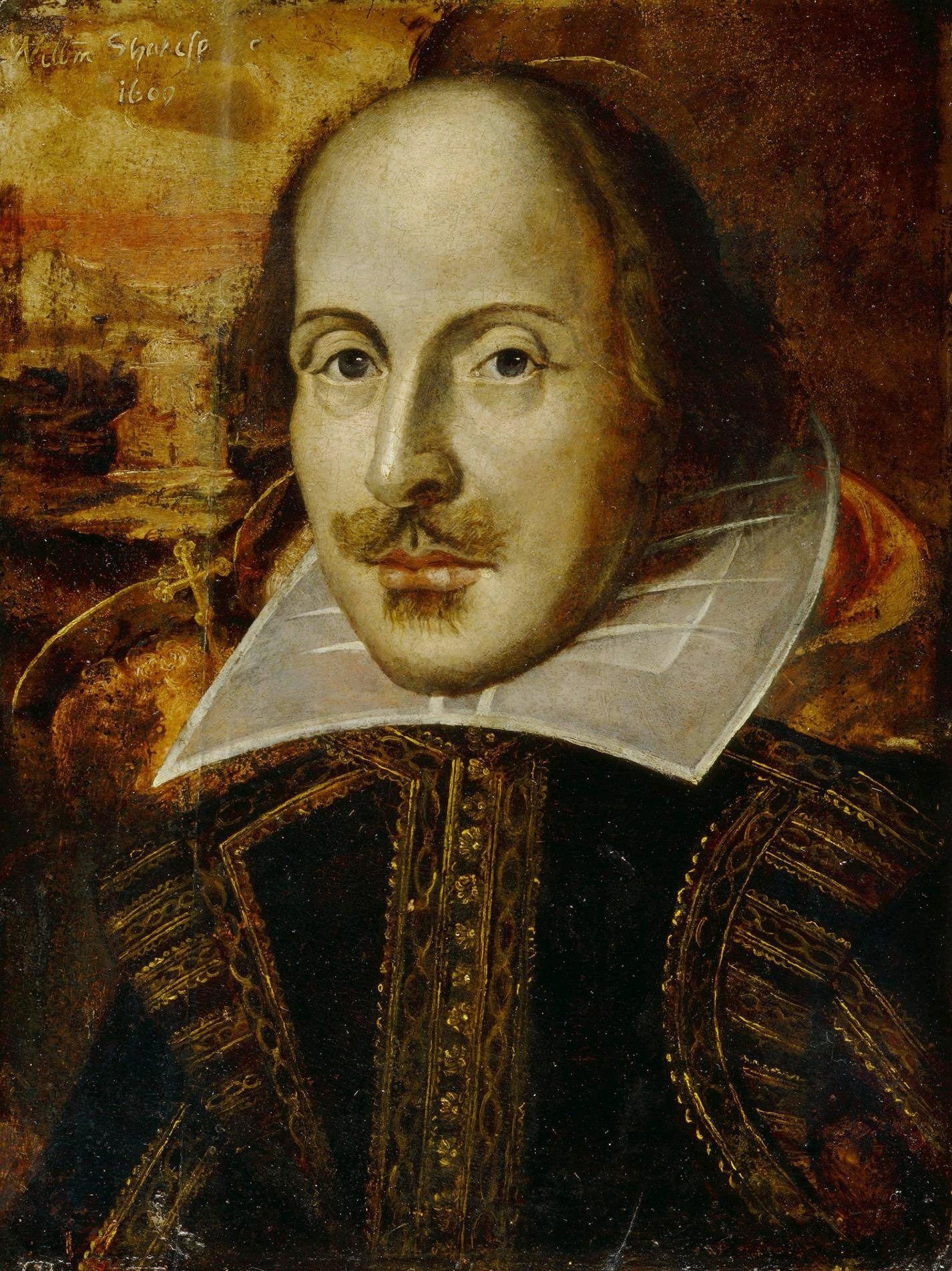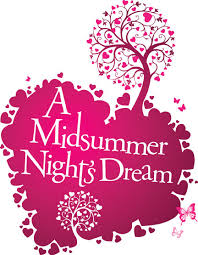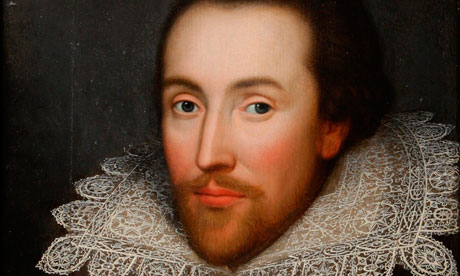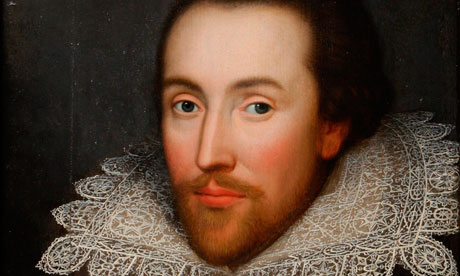
William Shakespeare is regarded as the greatest writer in the world of English literature. He was an English poet, a dramatist, and an actor. Shakespeare was born and brought up in Stratford-upon-Avon and is often regarded as the ‘Bard of Avon.’ He is considered the national poet in England. His works consist of about 38… Continue reading The Seven Ages of Man Summary (2023 Update)

William Shakespeare- Often called England’s National Poet, William Shakespeare is widely regarded as the greatest dramatist in the English language. Also known as the Bard of Avon, his works include approximately 38 plays, including collaborations, 154 sonnets and 2 long narrative poems, and some other verses of uncertain ownership. Sonnet 15- This poem is one of Shakespeare’s… Continue reading Summary and Analysis of Sonnet 15 by William Shakespeare: 2022

This poem is one of Shakespeare’s procreation sonnets. The speaker makes an attempt to convince the young man to reproduce. He does this by invoking images of things that have been affected by the passage of time. About the Poet: Often called England’s National Poet, William Shakespeare is widely regarded as the greatest dramatist in… Continue reading Sonnet 12: Summary and Critical Analysis: 2022

This poem is the second of Shakespeare’s procreation sonnets. Continuing where Sonnet 1 left off, the speaker continues to make an attempt to convince the young man to reproduce. The transience of beauty and the continuation of blood are important themes in this sonnet too. Sonnet 2: About the Poet Often called England’s National Poet,… Continue reading Sonnet 2: Summary and Analysis: 2022

Sonnet 1 is the first of the 154 sonnets written by the English playwright and poet William Shakespeare. It is a procreation sonnet within the Fair Youth sequence. The poem is essentially about the dynamic relationship between transience and continuity of beauty. It expounds on the fact that beauty is temporary at an individual level… Continue reading Sonnet 1: Summary and Analysis: 2022

About the Poet: William Shakespeare who was born on April 23, 1564; in Stratford-upon-Avon was an English poet, playwright, and actor, extensively looked upon as the supreme writer in the English language and the world’s outstanding dramatist. He is often called national poet of England and the “Bard of Avon”. His existing works, including some group effort, consist of about 38 plays, 154 sonnets,… Continue reading Not Marble Nor the Gilded Monuments Meaning by William Shakespeare: 2022

William Shakespeare apostrophizes Nature and evokes the “winter wind”, “the bitter sky” and “the warping waters” to comment on the tragic brutality of human life itself, in this extract from his romantic comedy, As you Like It. Following the usurpation of his kingdom by his brother, Frederick, and his banishment, The Duke starts living in… Continue reading Blow, Blow, Thou Winter Wind Analysis by William Shakespeare: 2022

Much of Shakespeare’s comedies are festive in a quite special way that distinguishes them from the art of most of his contemporaries and successors. His comedies are celebrations of life and the mood is of holidays and festivals; making the whole experience of the plays like that of a revel. Celebrated Shakespearean critic, C.L. Barber… Continue reading A Midsummer Night’s Dream as a Festive Comedy

There is no individual writer who has wielded greater influence than Shakespeare over the English language. Understanding Shakespeare’s language may be difficult at times. He constantly satirized linguistic and stylistic fashions among his contemporaries and experimented with all kinds of innovations, dialectical adaptations and archaisms which enriched the English language. Understanding Shakespeare’s Language- Characteristics One… Continue reading Understanding Shakespeare’s Language

There is no individual writer who has wielded greater influence than Shakespeare over the English language. Shakespeare’s use of language is unique and appealing at times. He constantly satirized linguistic and stylistic fashions among his contemporaries and experimented with all kinds of innovations, dialectical adaptations and archaisms which enriched the English language. One of the… Continue reading Shakespeare’s Use of Language





